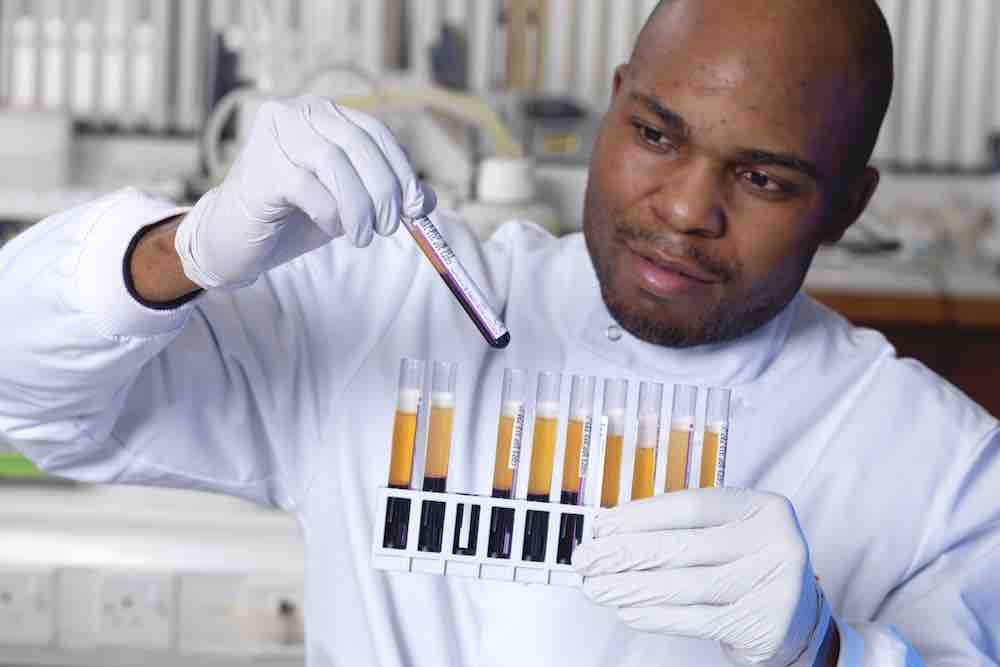Kidney transplant tests
You'll need lots of tests to see if you’re able to have a kidney transplant
Key points
- The tests determine whether you are well enough to cope with major surgery
- Blood tests will check your blood group and tissue type so you can be matched with a donor
- High levels of antibodies in your blood can make it harder to find a suitable kidney donor
- Heart, lung and other specialist tests are also needed to check your fitness for major surgery
Tests to see if you are suitable for a kidney transplant
 If your kidney doctor thinks that a kidney transplant is a possible treatment option, you will have tests done. A lot of tests are needed and each transplant centre has their own set of requirements.
If your kidney doctor thinks that a kidney transplant is a possible treatment option, you will have tests done. A lot of tests are needed and each transplant centre has their own set of requirements.
The team looking after you will provide details of the exact tests that you need.
The information below gives details of some of the tests you are likely to have.
Blood tests
You will need lots of blood tests to check your general health, blood group and tissue type.
Antibody tests
Your doctor will need to check if you have any antibodies in your blood that might make it harder for you to receive a transplant.
Antibodies to tissues that are not your own can be formed if you’ve previously had a blood transfusion, pregnancy or transplant. Once these antibodies form, it is very difficult to remove them.
These antibodies increase the risk of some kidney transplants being rejected. The team looking after you will let you know if you have these antibodies in your blood, and how they might affect a kidney transplant.
Heart, lung, blood vessel and specialist tests
Your doctor will need to know how healthy your heart and lungs are, and whether you have any cancers or serious infections.
National criteria for selecting patient suitable for a kidney transplant
All transplant teams in the UK must follow the national criteria for selecting patients suitable for a kidney.
View the national criteria for selecting kidney transplant patients (POL184)
Sometimes, patients with other serious illnesses might need a combined type of transplant. For instance, some patients with diabetes and kidney failure might be suitable for a kidney and pancreas transplant.
View the national criteria for combined kidney and pancreas transplant (POL 185)
More information
Related content
Medical terms explained
Antibodies
Antibodies are proteins produced by your immune system. They recognise and fight against foreign substances, such as germs (bacteria, viruses) or ‘foreign’ tissue types. Certain antibodies in your blood can make it more likely for your body to reject your transplanted kidney.
Antigens
These are substances that cause an immune response in the body.
Biopsy
This is when a very small piece of tissue is taken for analysis.


